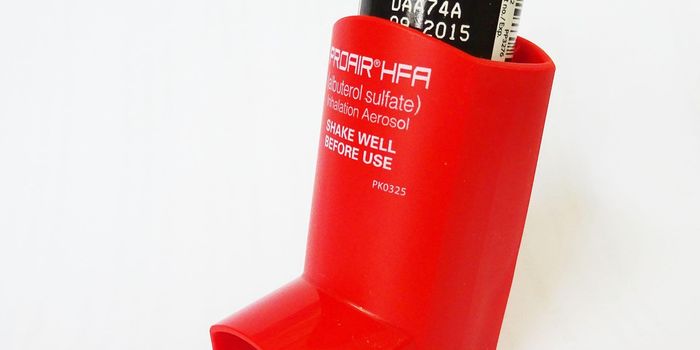Ozempic: the popular weight-loss drug's association with cancer
Ozempic is well-known for its popularity in mainstream media as a weight loss drug. However, it was (and still is) originally indicated to treat diabetes mellitus. Ozempic is part of a group of medications called glucagon-like peptide 1 receptor agonist (GLP1-RA for short.) There have been claims of associations in premarketing studies about an association with GLP1-RAs and thyroid cancer in rodents. Because of this association, GLP1-RAs are contraindicated in patients with a history or family history of thyroid cancer. They even have an FDA-issued black box warning, which is the most serious warning for medications that the FDA issues. This study published in the BMJ, conducted in the Scandinavian countries of Denmark, Norway, and Sweden, sought to dive deeper into this association.
The researchers compared patients initiating GLP1 receptor agonists with those starting dipeptidyl peptidase 4 (DPP4) inhibitors, a commonly used comparator in diabetes treatment. They also conducted an additional analysis comparing GLP1 receptor agonists with sodium-glucose cotransporter 2 (SGLT2) inhibitors, another popular medication used in diabetes treatment. The outcomes were derived from nationwide cancer registers, ensuring accurate and appropriate data collection.
The main findings of the study indicated that GLP1 receptor agonist use was not significantly associated with an increased risk of thyroid cancer over an average follow-up period of 3.9 years. Despite concerns raised from previous analyses and pharmacovigilance data, the study found no substantial increase in risk even across different subtypes of thyroid cancer.
Additional analyses were conducted to ensure the robustness of the findings. These included assessments of different time periods after treatment initiation, alternative definitions of drug use, and adjustments for potential confounders such as calendar year and previous cancer diagnoses. The results remained consistent across these analyses, further supporting the main conclusion that GLP1 receptor agonist use is not significantly associated with an increased risk of thyroid cancer.
The strengths of the study lie in its large, unselected study population drawn from routine clinical practice across three Scandinavian countries. The comprehensive data coverage from nationwide registers and the use of rigorous pharmacoepidemiologic methods enhance the reliability and generalizability of the findings.
The findings of this Scandinavian cohort study suggest that GLP1 receptor agonist treatment is not significantly associated with an increased risk of thyroid cancer. These results offer reassurance to healthcare providers and patients regarding the safety profile of GLP1 receptor agonists in relation to thyroid cancer risk. Further research may be warranted to validate these findings and explore potential long-term effects.
Sources: The BMJ








